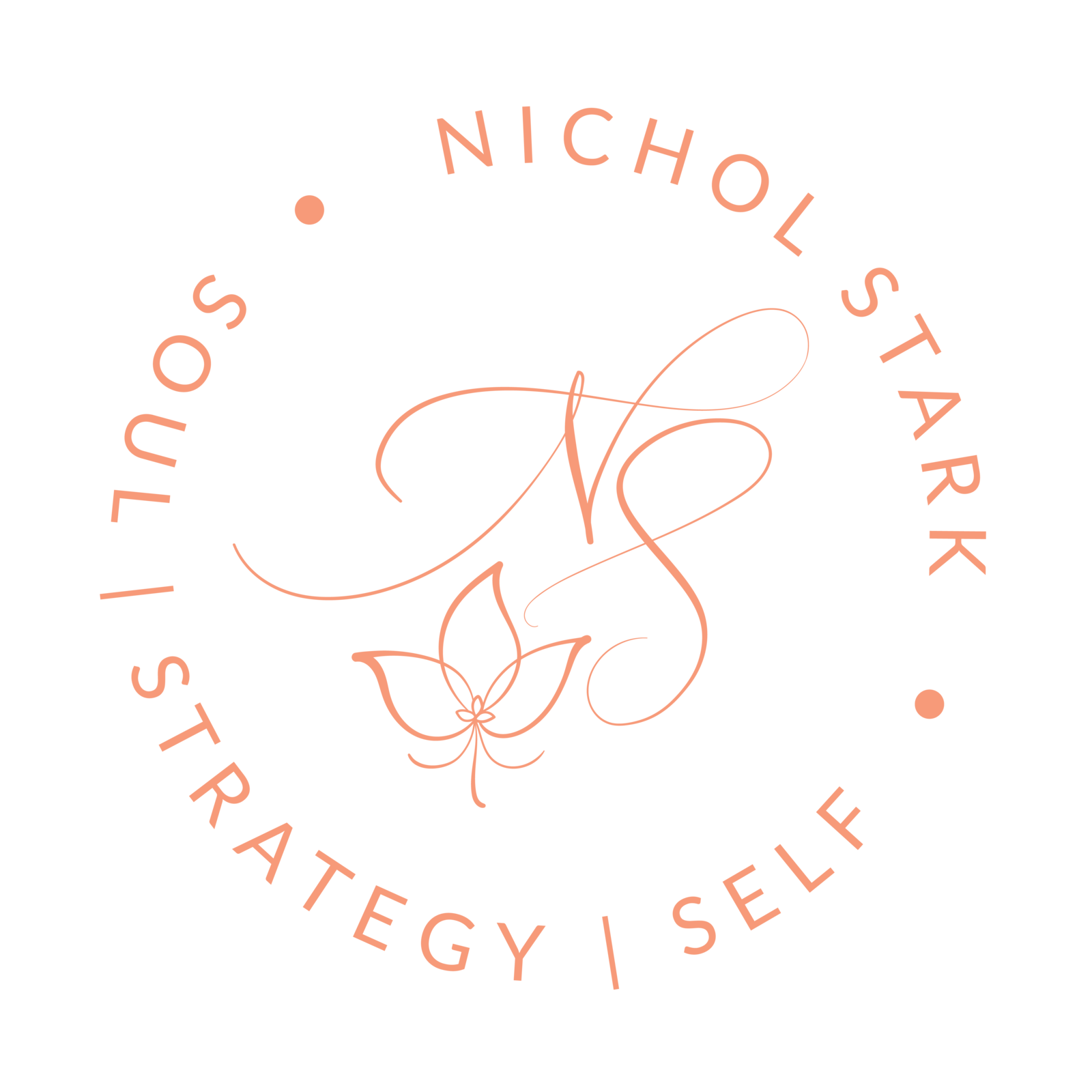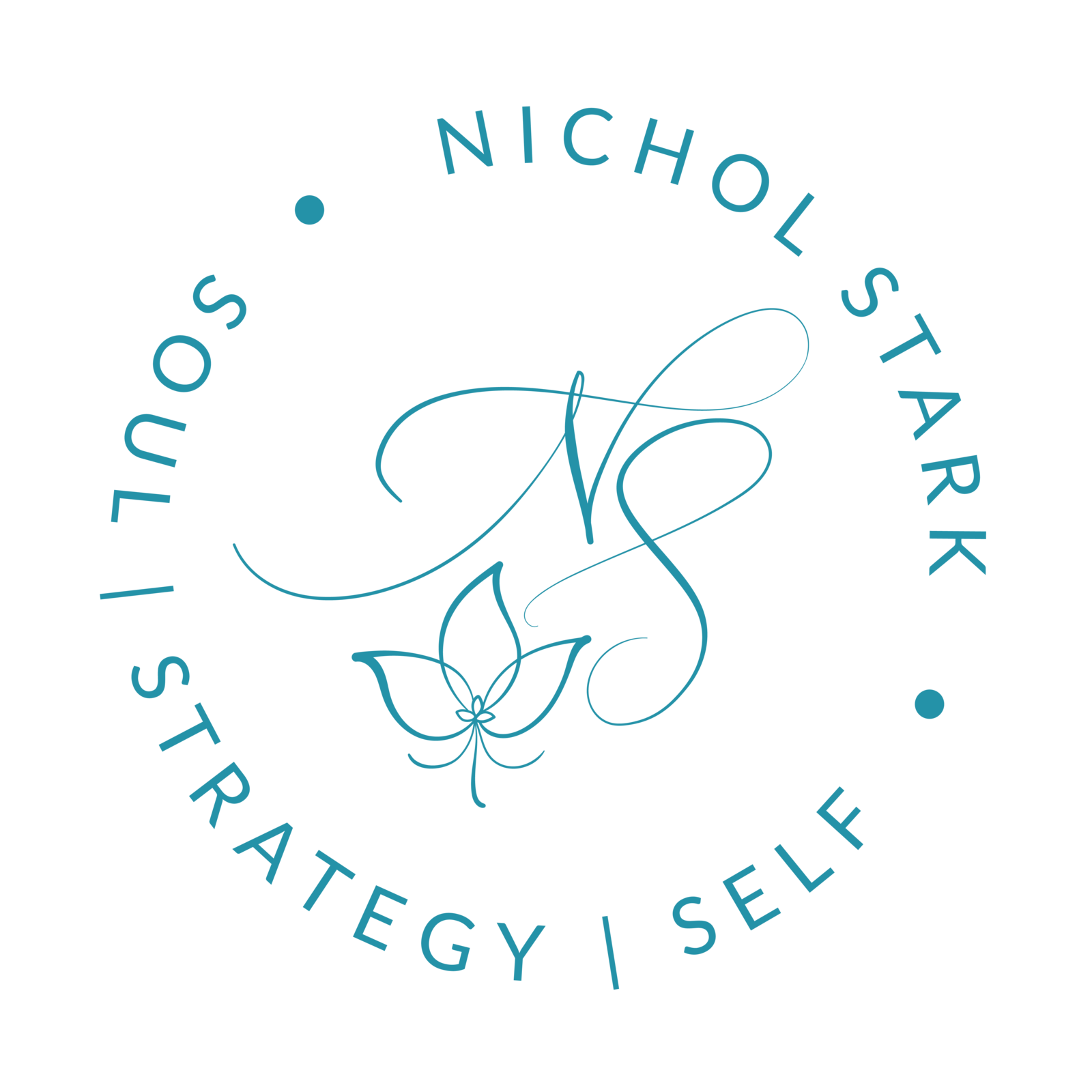
Grief can sneak up on you when you least expect it
I had no idea that grief could feel so gut wrenchingly devastating. Never leaving, just changing the shape, the feeling and the way we experience it. Sometimes overwhelming, sometimes just sitting in the shadows. No timeline or end date. Each of us experiencing grief in such a unique and individual way.
Grief is an intrinsic part of our human experience, an emotional response that follows any significant loss. While the loss of a loved one often comes to mind first, grief can stem from many life changes, such as ending a long-term job, experiencing a breakup, or facing a major life transition. Each of our journey’s through grief is unique, and understanding this can be a crucial step in supporting ourselves and others through the process.
What is Grief?
Grief is a complex, multifaceted response to loss. It encompasses a range of emotions from deep sadness to anger, guilt, and even relief. It is a natural process that allows us to come to terms with loss and start healing. However, the intensity and duration of grief can vary widely, influenced by the nature of the loss, personal coping mechanisms, and support systems in place.
Grief doesn’t have a set timeline or follow a linear path. Elisabeth Kübler-Ross, a renowned psychiatrist, introduced the concept of the five stages of grief: denial, anger, bargaining, depression, and acceptance. While these stages provide a framework, not everyone experiences all of them, and they do not necessarily occur in this order. Grief can ebb and flow, sometimes feeling manageable and at other times overwhelming.
“The reality is that you will grieve forever. You will not ‘get over’ the loss of a loved one; you will learn to live with it. You will heal and you will rebuild yourself around the loss you have suffered. You will be whole again but you will never be the same. Nor should you be the same nor would you want to.”
― Elizabeth Kubler-Ross and David Kessler
Here are 6 Ways we can be Impacted by Grief
Grief can manifest in various ways, affecting every aspect of life:
- Emotional Impact: Feelings of sadness, anger, guilt, and confusion are common. People may also experience anxiety, helplessness, or a sense of numbness. Grief can lead to mood swings and emotional outbursts.
- Physical Impact: Grief can take a toll on the body, leading to symptoms like fatigue, insomnia, changes in appetite, and physical pain. Chronic stress from grief can weaken the immune system and exacerbate existing health conditions.
- Cognitive Impact: Difficulty concentrating, memory lapses, and a sense of mental fog are often reported. Grief can disrupt daily routines and impair decision-making abilities.
- Behavioral Impact: Changes in behavior might include withdrawal from social activities, increased irritability, or changes in daily habits. Some might turn to substance abuse as a coping mechanism.
- Spiritual Impact: Grief can lead individuals to question their beliefs and seek deeper meaning or understanding of life and death. It can be a time of spiritual crisis or growth.
- Loss of Self and Identity: When we lose a loved one, especially someone who played a significant role in our lives, it can feel like we lose a part of ourselves. The person we were with them, the roles we played, and the shared experiences all contribute to our sense of identity. Without them, we may struggle with a loss of purpose and wonder who we are without this person in our lives.
My Personal Journey with Grief

I don’t really remember grief being a part of my life from the loss of a loved one passing away. Although I do remember my grandma passing and feeling enormously sad from the loss of her no longer being part of my life. I was sad, but I never really considered it grief.
I think the first time grief hit me hard was when my dad passed away in May 2023. We had an interesting relationship, as the eldest daughter wanting to be just like him and rise to the expectations I thought he had for me, only to discover through grieving and therapy that these expectations were my own. We were hard on each other. For such a long time I held onto guilt for how I was as a daughter, but as my grief shifted and I was able to find love, forgiveness & joy of him being my dad. I was able to breathe again.
Then, 12 months later, my soul sister passed away. She transitioned on my birthday. I was so fortunate to be there and extremely humbled to be a part of her journey. It has only been 4 months, and I ride the waves of sadness, anger, joy and gratitude. For the time being, I feel myself removed from the day to day of life. I need time. I need space. I need …..
In both instances, reflecting on our lives together, trying to find who I am without these two prominent people no longer in my life in physical form. Part of my grieving for both of them has been being aware and allowing the feelings of love, regret, sadness, attachment, judgment, happiness, and joy to be present. Sitting with these emotions, letting the laughter, crying, anger, or whatever the emotion is at the time to be here. Being aware, acknowledging it for what it has been and is, allowing all the feels to be felt, and then allowing the attachment to be let go.
Navigating the Loss of Identity
The loss of a loved one can leave a void that feels impossible to fill, shaking the foundation of our identity. We may question our purpose and struggle to find meaning in a world that no longer includes them. This sense of identity loss can be one of the most challenging aspects of grief to navigate.
It’s essential to recognise that while our relationship with our loved one shaped who we are, our identity is multifaceted and continually evolving. The journey through grief involves rediscovering ourselves and finding new ways to honour our past while embracing the present and future.
Supporting Ourselves During Grief
Navigating grief requires patience, self-compassion, and practical strategies to support our healing process. Here are ten ways to support yourself as you grieve:
- Acknowledge Your Feelings: Allow yourself to feel whatever emotions arise. Suppressing grief can prolong the healing process. Journaling or talking to a trusted friend can help express and validate your feelings.
- Seek Professional Help: A therapist or grief group specialising in grief can provide valuable support and guidance. Professional help can offer tools to process emotions and cope with the loss.
- Create a Routine: Establishing a daily routine can provide a sense of normalcy and structure. Simple activities like regular meals, exercise, and sleep can ground you during this time.
- Stay Connected: Isolation can intensify feelings of grief. Reach out to friends and family, join support groups, or engage in community activities. Sharing your experiences with others who understand can be incredibly healing.
- Practice Self-Care: Prioritise activities that nurture your body and mind. This might include exercise, meditation, hobbies, or simply taking time to rest. Listening to your needs and responding with kindness is crucial.
- Set Boundaries: It’s okay to say no to social obligations or activities that feel overwhelming. Communicate your needs clearly and give yourself permission to take breaks when needed.
- Memorialise Your Loss: Finding ways to honour and remember your loss can be therapeutic. This could be through creating a memory book, planting a tree, or participating in rituals that hold personal significance.
- Express Creativity: Art, music, writing, or other creative outlets can provide a powerful means to process grief. Creativity can help externalise feelings that are difficult to articulate.
- Mindfulness and Meditation: Practices like mindfulness and meditation can help you stay present and manage the emotional waves of grief. They can also reduce stress and promote emotional resilience.
- Allow Yourself to Heal: Healing from grief is not about forgetting the loss but learning to live with it. Give yourself permission to find joy and meaning in life again. Understand that it’s okay to move forward while still cherishing the memories of what you’ve lost.

Rediscovering Identity and Purpose
“How lucky I am to have something that makes saying goodbye so hard.”
Winnie The Pooh
Grief can disrupt our sense of identity, especially when we’ve lost someone who was integral to our lives. Rebuilding a sense of self after such a loss involves:
- Reflection: Take time to reflect on who you were with your loved one and who you are now. Acknowledge the parts of you that were shaped by this relationship and the strengths you’ve developed.
- Exploration: Engage in new activities or revisit old hobbies. Exploring new interests can help you discover parts of yourself that you may not have realized existed.
- Connection: Building new relationships and deepening existing ones can provide a sense of belonging and support. Surround yourself with people who understand your journey and encourage your growth.
- Purpose: Find ways to contribute to causes or communities that resonate with you. Volunteering, mentoring, or engaging in meaningful work can help you find a renewed sense of purpose.
- Self-Compassion: Be gentle with yourself as you navigate this journey. It’s okay to take your time and to seek help when needed. Your identity is a work in progress, and it’s shaped by both your past and your present experiences.
The Role of Forgiveness in Healing
Forgiveness can be a powerful aspect of the healing process, not just forgiving others but also forgiving oneself. In my journey, forgiving my father and myself played a crucial role in finding peace and moving forward. It allowed me to release the burden of unmet expectations and embrace a more compassionate view of myself and our relationship.
Forgiveness doesn’t mean forgetting or excusing the pain caused. Instead, it’s about letting go of the hold that resentment and anger have over you. It’s a way to free yourself from the negative emotions that can hinder your healing and growth.
Allowing Yourself to Feel
One of the most challenging but essential parts of grieving is allowing yourself to feel all the emotions that come up. Grief brings a mix of love, regret, sadness, attachment, judgment, happiness, and joy. Each emotion deserves acknowledgment and space.
Sitting with these emotions can be uncomfortable, but it’s a necessary step in the healing process. Whether it’s through laughter, crying, or anger, expressing your emotions helps to process and release them. By being present with your feelings, you honor your grief and the significance of your loss.
I can have days where I will be happy one minute and then blubbering, snot bubble, curled up in bed crying and then the next day able to function again. I believe if I did not allow myself the opportunity to express any and all emotions, they will bottle up and explode when I least expect it.
The Healing Power of Rituals
Rituals can provide comfort and a sense of continuity in the face of loss. They can be as simple as lighting a candle, saying a prayer, or visiting a special place. Creating personal rituals to honor your loved one’s memory can help keep their presence alive in your heart and offer solace during difficult times.
Rituals also offer a way to mark significant dates, such as anniversaries or birthdays, which can be particularly challenging when grieving. They provide an opportunity to reflect, remember, and connect with the memories of your loved one in a meaningful way.
Finding Humour in Grief
Humor might seem out of place in a discussion about grief, but it can be a vital part of the healing process. Finding moments of laughter amidst the sorrow can provide relief and a sense of normalcy. It doesn’t diminish the pain of loss but offers a way to cope and remember the joyful times shared with your loved one.
In my experience, finding humor in my soul sister transitioning on my birthday was a way to honor her spirit and the bond we shared. It reminded me that even in the darkest times, there is room for light and joy.
The Importance of Community
Grief can feel isolating, but you don’t have to go through it alone. Connecting with others who understand and support you can make a significant difference. Whether through friends, family, or support groups, sharing your experiences and hearing others’ stories can provide comfort and validation.
Community offers a space to express your grief openly and receive empathy and support. It helps to know that you are not alone and that others have walked similar paths and found ways to heal and grow.
Embracing Change
Grief brings change, both in your external circumstances and your internal world. Embracing this change can be challenging but also transformative. It involves accepting that life will never be the same and finding new ways to live meaningfully.
Change can lead to personal growth and new opportunities. It can open the door to discovering strengths you didn’t know you had and exploring new paths that align with your evolving sense of self.
The Journey of Rediscovery
Rediscovering yourself after loss is a journey, not a destination. It’s about finding ways to integrate your past experiences with your present reality and future aspirations. It involves exploring who you are without your loved one and finding new sources of meaning and purpose.
This journey is deeply personal and unique to each individual. It requires patience, self-compassion, and a willingness to embrace the unknown. Along the way, you may uncover new passions, forge new relationships, and build a life that honors both your past and your future.

Conclusion
Grief is a deeply personal journey that transforms us in profound ways. While it can be a source of immense pain, it also holds the potential for growth, resilience, and a deeper appreciation for life. Understanding the multifaceted nature of grief and employing strategies to support oneself through it can facilitate healing and help individuals navigate their way toward a renewed sense of wholeness.
As you walk through your grief, remember to be gentle with yourself. There is no right or wrong way to grieve. By acknowledging your feelings, seeking support, and practicing self-care, you can honour your loss and find a path forward that incorporates the love and memories of what you’ve lost into a hopeful and meaningful future.
Grieving the loss of a loved one, whether a family member or a friend, is an ongoing process that ebbs and flows over time. It’s about finding balance and learning to live with the void left behind. Through reflection, self-compassion, and support, it’s possible to rediscover a sense of identity and purpose, even after profound loss.
By allowing ourselves to feel and express our emotions, practicing forgiveness, and finding ways to honor our loved ones, we can navigate the complexities of grief and emerge stronger and more resilient. Grief may never fully leave us, but it can transform us, helping us to grow and find new meaning in life.
In this journey, be patient with yourself and trust that healing is possible. Surround yourself with love and support, and give yourself permission to find joy and fulfillment once again. Your loved ones may no longer be with you in physical form, but their memory and the impact they had on your life will always be a part of you.
If you are feeling the overwhelm of grief and not sure where to start, within Australia, you can reach out to Grief Australia..or if you are seeking energy healing during this time, please email me at nichol@nicholstark.com.au or via my contact page https://nicholstark.com.au/contact-nichol-stark-coaching/.

Hi, I'm Nichol Stark Soulful Business Coach
I’m a heart-centred mentor and coach for gorgeous souls wanting to break free and take their business from hobby to full-time success. My one-to-one or group coaching helps you uncover your true purpose so you can grow a business using strategy, strength and intuition.
READING SUGGESTIONS
- « Previous
- 1
- 2
- 3
- Next »








